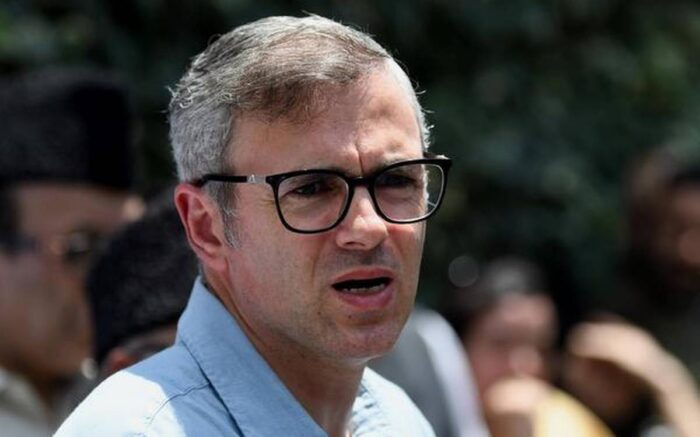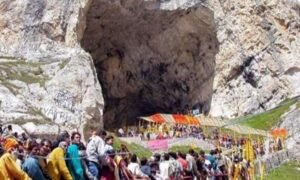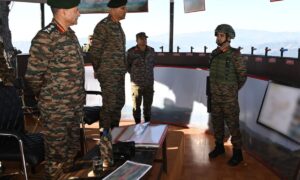
File Picture
Breaking his silence as the one year of abrogation of Article 370 approaches on August 5, 2020, Former Jammu and Kashmir chief minister and National Conference leader Omar Abdullah has vowed not to contest any assembly elections till J&K remains a union territory. He has hit out at the Narendra Modi government for the complete dilution of the indispensable Article 370 of the Constitution.
Omar tweeted his interview to the Indian express where he says has answered whole lot of questions
For those asking, my interview with the @IndianExpress will be out soon, where I’ve answered a whole range of questions
— Omar Abdullah (@OmarAbdullah) July 27, 2020
Having been a member of the most empowered assembly in the land and that, too, as the leader of that assembly for six years, I simply cannot and will not be a member of a House that has been disempowered the way ours has, Abdullah wrote for the Indian Express as the revocation of the erstwhile states special status nears its first anniversary.
The NC vice-president accepted that the BJP pushing through with the removal of Article 370, and with it Article 35A, was not a complete surprise, but he said was came as an absolute shock was that the state was downgraded and split into two Union Territories.
Describing the move as a humiliation heaped on the state, he said he still fails to understand the need for this move, except to punish the people of the state.
If the reason for carving out a separate Union Territory for Ladakh was the public demand among the Buddhist population of the area, then the demand for a separate state for the people of Jammu is much older, he wrote for the newspaper, adding that if it was based on religion then it ignores that Leh and Kargil are Muslim majority and the people of Kargil are vehemently opposed to the idea of being separated from J&K.
The former J&K CM further said that the dilution of Article 370 does not stand the test of basic scrutiny, and asserted that the special constitutional status enjoyed by J&K was not a favour done to the state.
It formed the basis of the states accession to India. There was no time stamp on these safeguards. It was understood that so long as J&K remained a part of India, the special status enjoyed by it would remain, he said.
[the_ad id=’22723′]


















